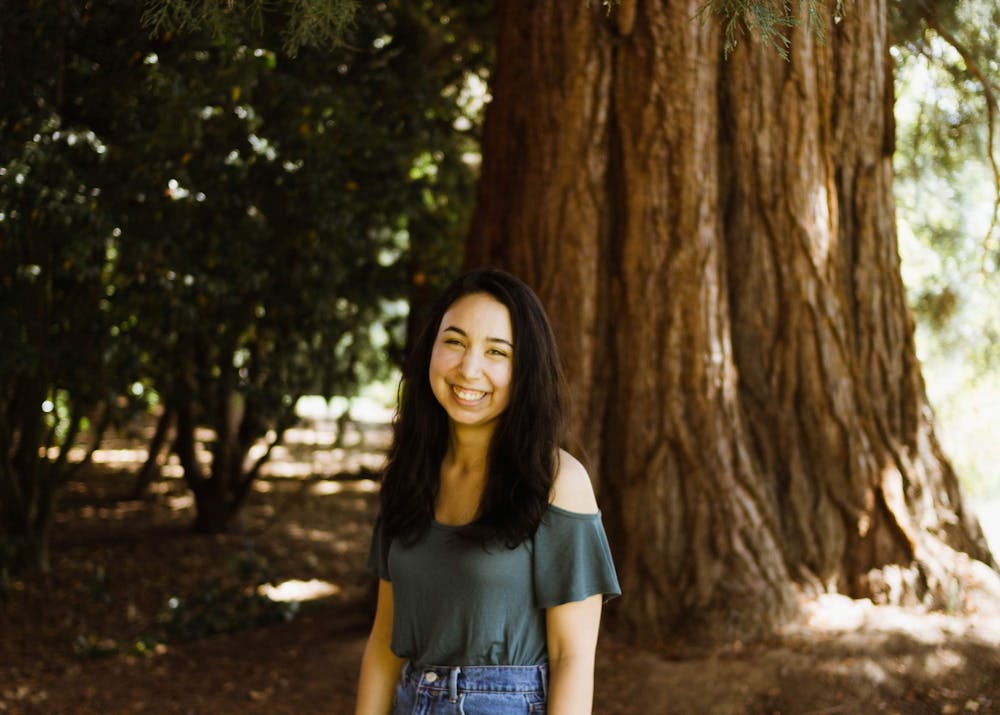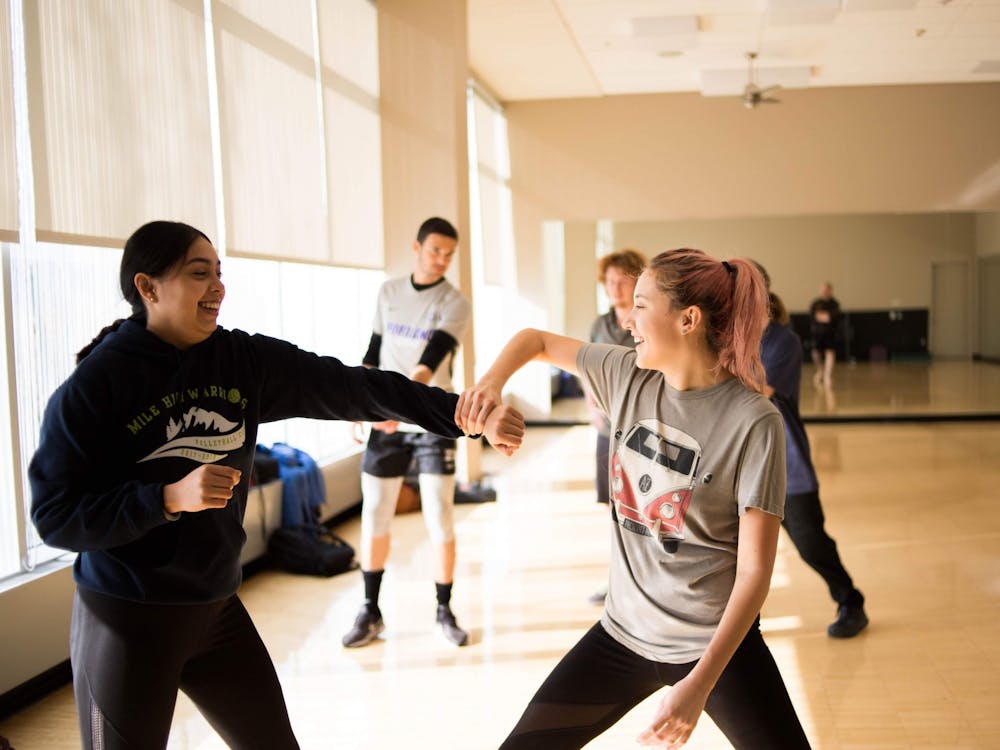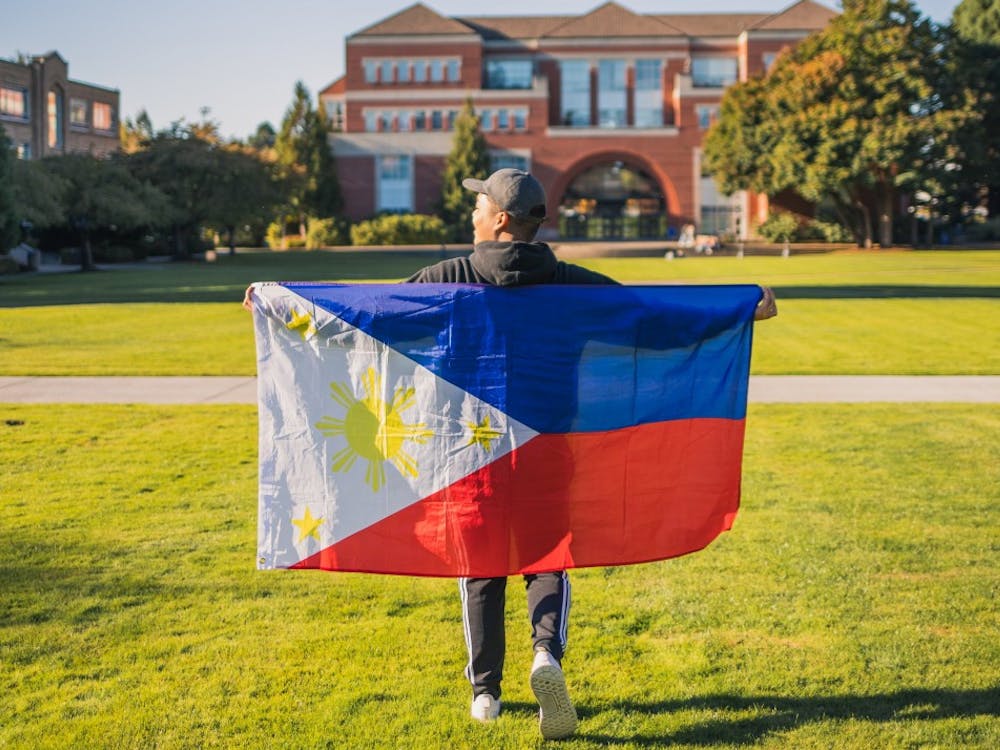I sat at my desk with my number two pencils and listened to my teacher give the class instructions. “Write down your name and birthday,” she said. This was the routine for standardized testing. By middle school, I was pretty used to the format of the test.
I have always been a pretty good student and never got too nervous during these tests. I worked through the sections on math, reading comprehension and more, but the question that has always stumped me came before the teacher even started timing us: What is your race?
I shouldn’t have faced an identity crisis so young, but I did. I am biracial/multiracial. I am primarily Filipino and German, or what my Native Hawaiian family would describe as “hapa,” meaning half or mixed. Those standardized tests would ask me to color one bubble for my race. Every time this question came up, I struggled to find an answer.
As I got a little older, it became clearer that I looked different. I was constantly asked, “So, what are you?” and often mistaken for a race I was not. In high school, a driver’s education instructor made it painfully clear that I was biracial.
I was nervous. It was my first driving experience for the class. I got in the car and took a deep breath. A few minutes into the drive, the instructor casually asked me: “Are you adopted?”
I was shocked. I’m not adopted, and I was extremely confused by the question. I responded by saying that I wasn’t. I thought the conversation was over.
“But your dad’s so white and you’re not,” he said.
He had seen my dad drop me off and assumed because we didn’t have the same skin color that we must not be related. At that moment, it hit me that I really don’t look like I’m related to my dad.
I quite literally am a mix of my mom and dad’s skin tones, so it always made sense to me that they’re my parents. But it didn’t make sense to everyone.
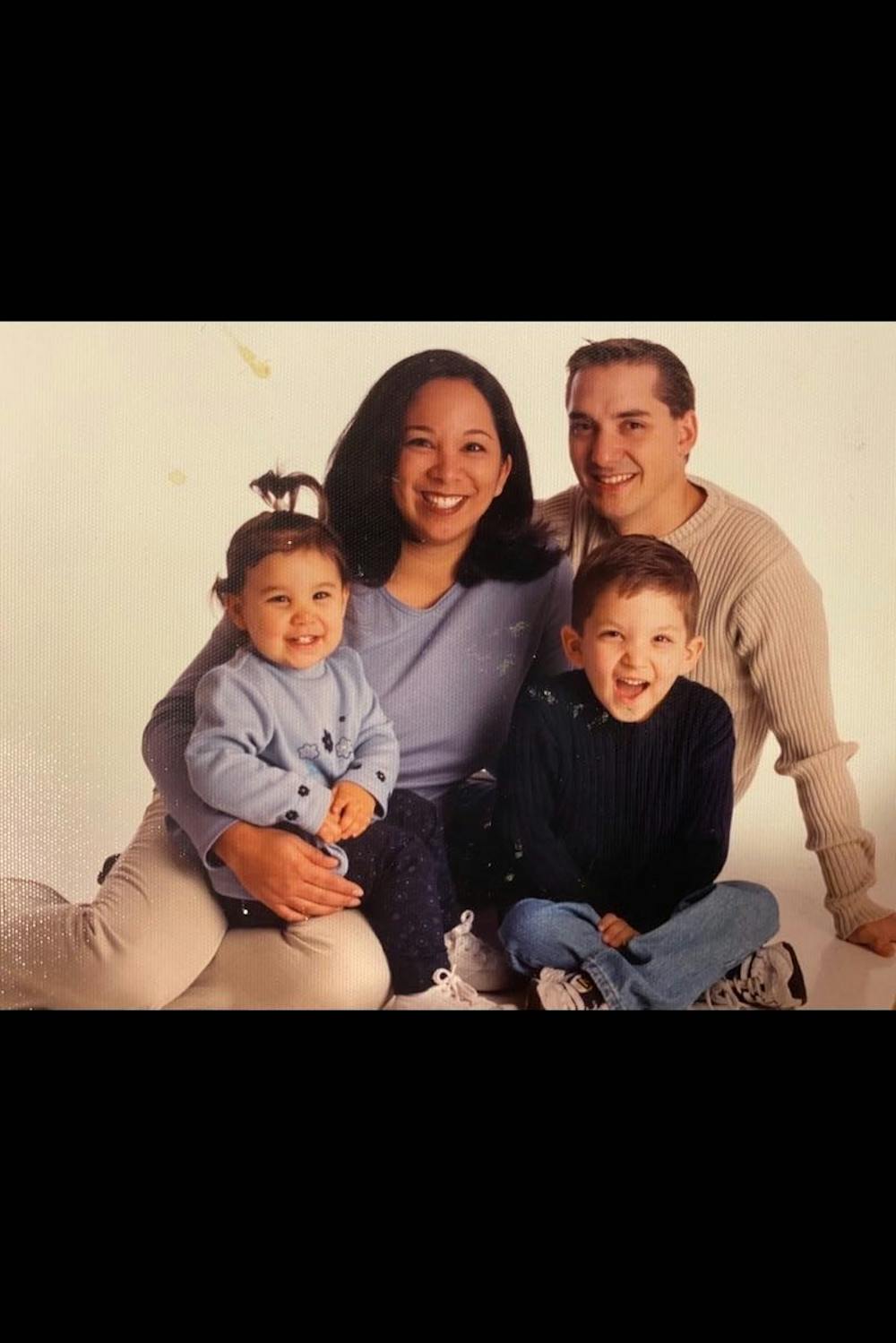
Photo courtesy of Maddie Pfeifer.
Seemingly innocent comments often leave a big impact on me. Like when I was in Spain with classmates in high school and a waiter pointed out how I was “morena” while everyone else was white.
My challenges being mixed started in my youth and have continued ever since. I have lived my life often dealing with racial imposter syndrome — feeling like I don’t truly belong to one race because I don’t fit in perfectly with either.
I have been told I’m not Asian and I’ve been told I’m not white. So, what am I?
My experience is not unique among people of mixed heritage. According to the Pew Research Center, one-in-seven U.S. infants in 2015 were multiracial, which was almost three times as much as in 1980. The research also notes that the increase has come almost 50 years after the Supreme Court case Loving v. Virginia, which legalized interracial marriage. With more biracial people being born, there is a growing need to understand the unique experiences these individuals, including myself, face.
I’m here to tell you that you don’t need to ask me “So, what are you?” and you shouldn’t assume my race. Yes, I’m “ethnically ambiguous,” but you don’t need to point that out because, for me, that devalues what I actually am and reduces it to my “confusing” skin color and facial features.
I am proud of all parts of my ethnic makeup because it allows me to feel connected to both my mom and my dad. But my identity is not solely tied to my race/ethnicity. There is a problem with how closely society associates race to identity. Why do people feel the need to ask me what I am? Why does it matter? Don’t they care what kind of person I am?
In my experience, being biracial confuses people. Society wants to give me a racial label that makes it easier to understand me. Jenée Desmond-Harris says it best in a Vox article when she points out that what mixed people call themselves is idiosyncratic. It’s important to understand that some biracial people may even find terms like “mixed” offensive, or they might have a particular race they identify more closely with for myriad reasons.
Just because I identify with every part of my racial identity doesn’t mean every biracial individual wants to identify with their multiple races.
People of mixed backgrounds live a complicated life. As a society, we need to normalize being biracial in ways that aren’t demeaning. We need to stop saying “Oh mixed babies are just the cutest!” or “Wow, your parents were an interracial couple. What was that like for them?” We need to let biracial individuals own their racial identity –– however they see fit.
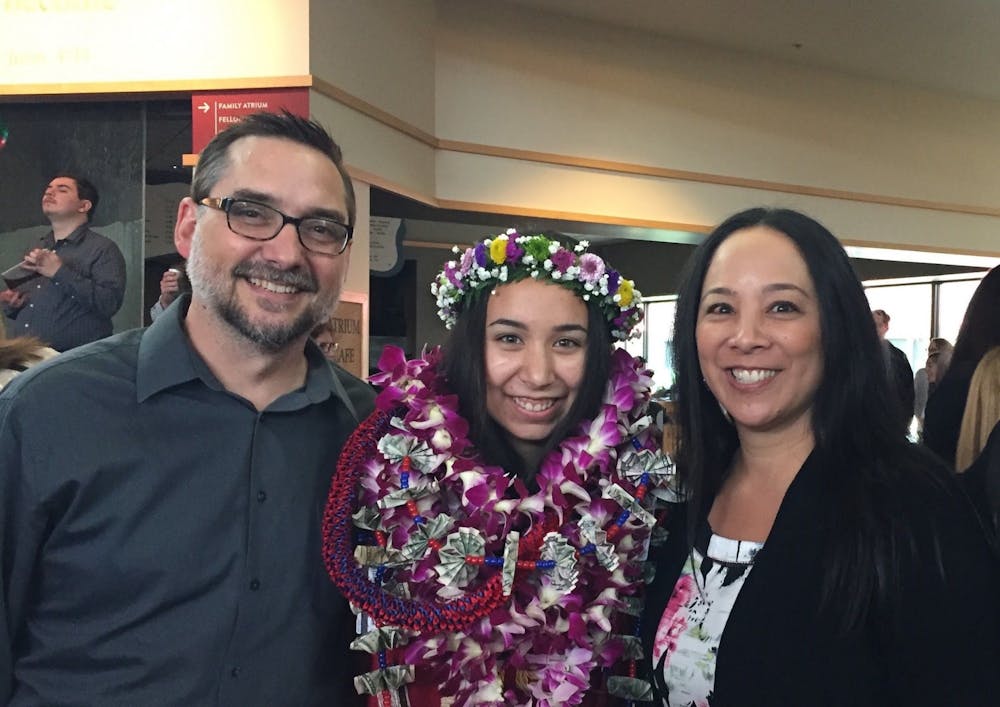
My racial/ethnic background is a way for me to culturally connect with both sides of my family. I am proud to represent a mix of cultures and ethnicities in one body.
Every biracial individual has their own perspective on their racial identity. People seem to want to force others into a singular racial label for ease or they choose to romanticize being biracial because mixed babies are “cute.”
Biracial people are more than just “cute.” They are complex individuals whose racial story you do not know and shouldn’t assume. Let’s stop reducing others to their race. Let’s sit down and actually talk to people about their backgrounds in deeper ways than asking them “So, what are you?” I know I would appreciate it.
Maddie Pfeifer is the News and Managing Editor for The Beacon. She can be reached at pfeifer21@up.edu.



